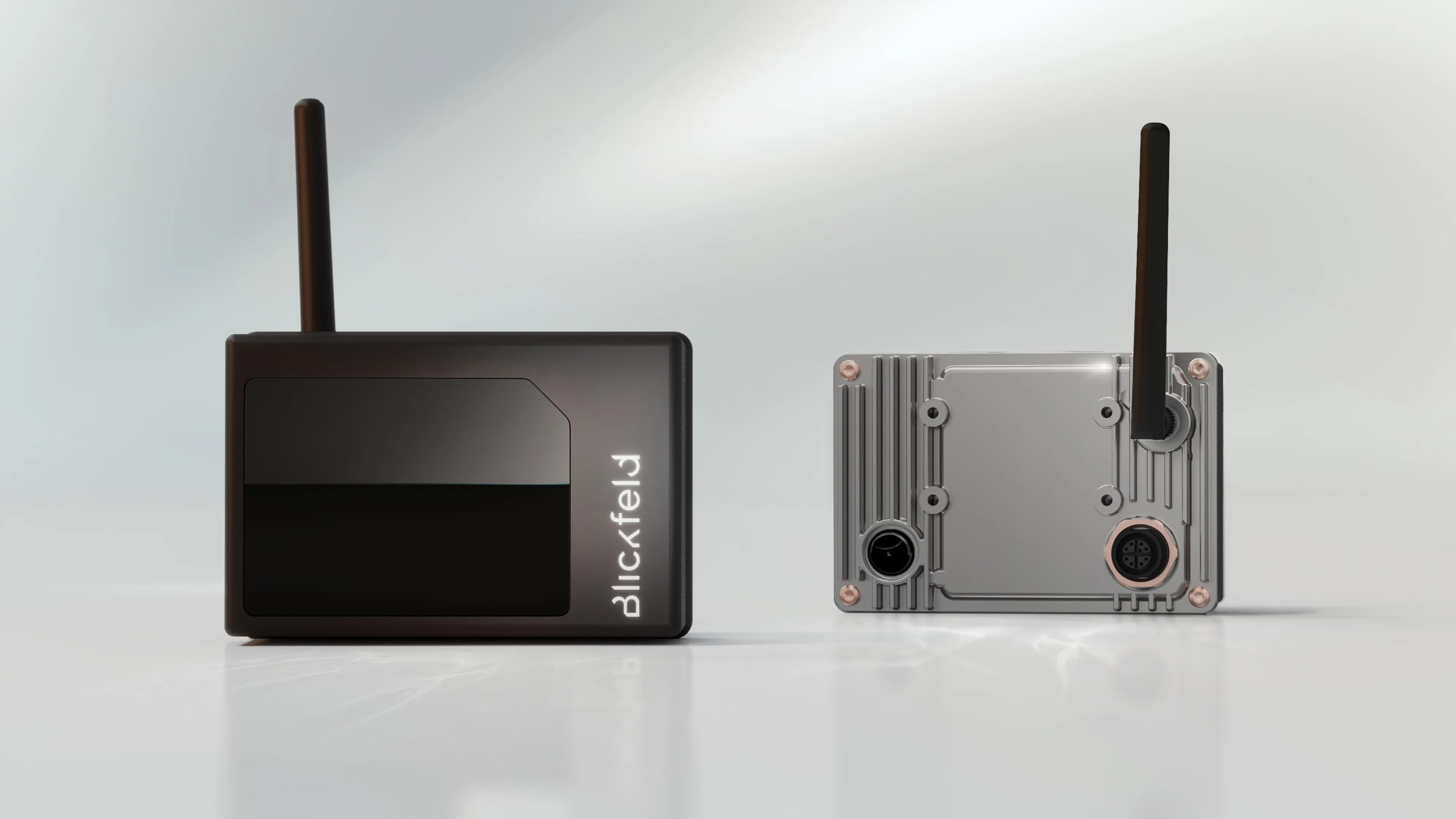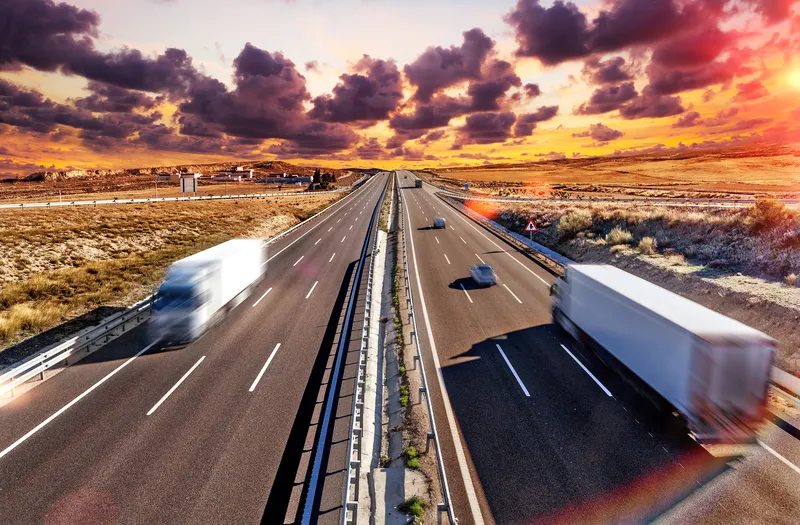
Lidar manufacturer Blickfeld is beginning to deliver its Qb2 device to customers, following its concept announcement at CES 2022.
Qb2 is based on Blickfeld’s proprietary solid-state software-defined Lidar technology.
The company says it "enables the capturing and processing of data on a single device, removing the need for additional computers and bringing faster insights, improved response times and better bandwidth availability via edge computing".
Co-founder Dr. Florian Petit says it will "revolutionise" the Internet of Things sector.
Blickfield says there will be efficiency gains through enriched, actionable real-time 3D data for use with smart infrastructure, with Lidar used to anonymously track traffic flow data and crowd movements in transit hubs, for example.
Installation and maintenance costs are low, Blickfield says, due to the on-device WiFi connectivity.
Qb2 offers improved functionalities and performance parameters like enhanced adaptable field of view (FoV), detection range and scan pattern, plus higher resolution, accuracy and an IP67 rating.










